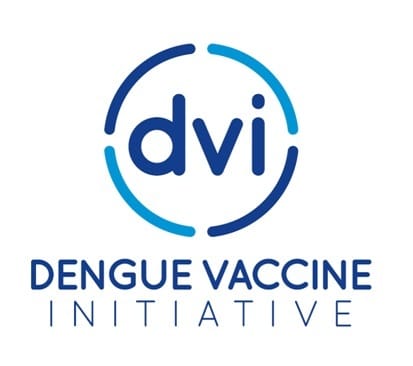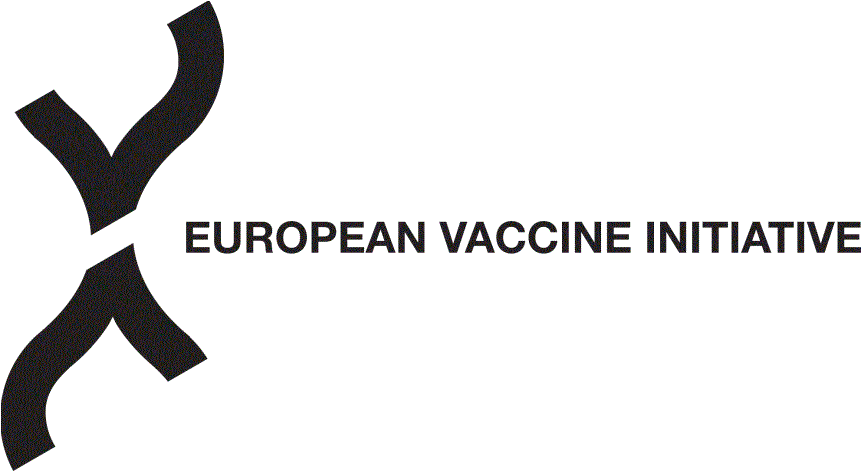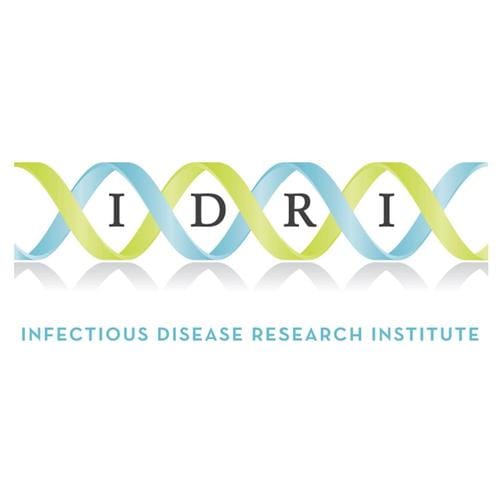How We Work
PDPs: A Novel Design
IPM is one of a group of nonprofit enterprises that embodies an important model to advance the global health field.
Known as product development partnerships, or PDPs, these nonprofit organizations manage resources and partnerships across public, private and philanthropic sectors to accelerate the development of new health tools that promise to save millions of lives and advance global development goals.
Flexible and Efficient
PDPs like IPM are flexible and efficient, and can focus their resources on a single public health objective.
PDPs collaborate with pharmaceutical and biotech companies to develop critically needed, but often not profitable, medical products for resource-poor settings. These include new health technologies for HIV/AIDS, tuberculosis, malaria and other diseases.
How do PDPs work?
PDPs have revitalized previously languishing research enterprises and are paving the way for new approaches to research on high-priority diseases in developing countries. Product development partnerships work to:
Manage resources across public and private sectors to save lives. By coupling the public sector’s commitment to advancing global public health with the business approach of the private sector, PDPs drive the development of urgently needed health tools. PDPs forge strong working partnerships at the local, national and international level and invest substantial resources into building and strengthening health research infrastructure in parts of the world where the need for health research is greatest.
Advance global development and public health. Product development partnerships effectively focus their efforts on products that are both affordable and suitable for use in developing countries. They work routinely with local researchers and developers and can help build research and health capacity in those countries. As such, PDPs received high marks for their impact on health in developing countries, as noted in the World Health Organization Expert Working Group 2010 report on Research and Development Financing and Coordination.
Create innovative medical tools for developing countries. Many pharmaceutical and biotechnology firms recognize the unmet need to develop innovative medical tools that serve vulnerable populations. Some of these firms have sought out PDPs as nonprofit licensing partners that have the capacity to take products through to licensure and access.
Harness industry technologies to advance global health. In some cases, PDPs approach companies seeking licensing opportunities. The potential to enhance the company’s corporate social responsibility profile can be an important incentive for donating investigational products.
Why is IPM a PDP?
Experience has taught us that only a comprehensive strategy — including a strong focus on both treatment and prevention — will work effectively to halt the epidemic.
Since 2004, five major pharmaceutical companies — Bristol-Myers Squibb, Gilead, Merck & Co., Pfizer and Janssen Sciences Ireland UC (formerly Tibotec Pharmaceuticals), one of the Janssen Pharmaceutical Companies — entered into six non-exclusive, royalty-free licenses with IPM to develop, manufacture and distribute eight antiretroviral (ARV) products as microbicides in developing countries.
These royalty-free licenses ensure that any new product will be provided at little or no cost in the settings where such new tools are most urgently needed. These agreements serve as a model of public-private partnership in fostering global health solutions.
In 2014, the royalty-free license for the ARV dapivirine expanded to an exclusive worldwide rights agreement with Janssen.
Current Product Development Partnerships
PDPs are working to alleviate and eliminate the spread of high-priority diseases worldwide:













